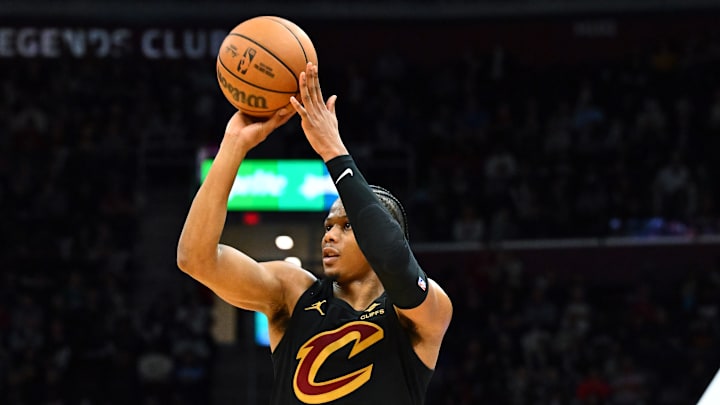Team No. 2 - Detroit Pistons
The Motor City’s squad is another one with many issues on defense. Despite allowing just 31.5 opponent three-point attempts nightly, the Pistons concede 37.7 percent of those strikes, good enough for the 24th-best mark in the NBA. Okoro could assist in lowering that percentage as a starter or from the reserves with his ability to switch after screens. (Pistons recently got Quentin Grimes, spare parts and cash in a trade with the New York Knicks on Feb. 8 for Bojan Bogdanovic and Alec Burks.)
On offense, playing next to an up-and-coming big guard like Cade Cunningham and speedster Jaden Ivey, who both cause overreactions in the paint, is a shooter’s preference. Okoro could also run pick-and-pop sets with each guard, taking advantage of late switches or recoveries to the outside. Moreover, since the Pistons are not a good outside shooting group (35.8 percent), rivals throw out the zone. Okoro can beat that because he is solid at cutting through openings on the baseline or wings.
The Pistons are also an average team on the break, scoring 14.6 points per game. Okoro would help here, too, as 27.3 percent of his points this season come in the open court.
